Contact Us On:

When it comes to maintaining stored diesel fuel, businesses often face a critical decision: polish the fuel or replace it entirely. Both options aim to ensure clean, reliable fuel for generators, fleets, marine vessels, and heavy equipment. However, when it comes to saving money, fuel polishing often delivers better value—without compromising performance. Let’s dive into the key differences and why fuel polishing is usually the smarter investment.
What Is Fuel Polishing?
Fuel polishing is a professional cleaning process that removes water, sludge, microbial growth, and contaminants from stored diesel. Specialized equipment filters the fuel, separates water, and restores the fuel’s quality—without needing to drain and dispose of it. It’s an eco-friendly, efficient way to revitalize your existing supply.
What Is Fuel Replacement?
Fuel replacement is exactly what it sounds like: draining the contaminated fuel from the tank and replacing it with fresh diesel. While it ensures a clean start, it comes with higher material costs, disposal fees, and potential downtime during the removal and refueling process.
Cost Comparison: Fuel Polishing vs Fuel Replacement
-
Fuel Polishing:
-
Typically costs a fraction of fuel replacement.
-
No need to purchase new fuel.
-
Minimal disruption to operations.
-
Helps extend the life of your stored fuel for months or even years.
-
-
Fuel Replacement:
-
Cost of new diesel can be high, especially with market price fluctuations.
-
Adds disposal costs for the contaminated fuel.
-
Increased labor and transport expenses.
-
Potentially longer downtime while tanks are drained and refilled.
-
In many cases, fuel polishing costs 30%–70% less than full replacement. The bigger the storage volume, the greater the savings.
Additional Benefits of Fuel Polishing
Beyond cost savings, fuel polishing offers several advantages:
-
Eco-Friendly: Reduces waste and avoids contributing to environmental pollution.
-
Extended Equipment Life: Clean fuel means less strain on engines, filters, and injectors.
-
Improved Reliability: Especially critical for emergency backup generators and critical infrastructure.
-
Regulatory Compliance: Clean fuel helps meet environmental and operational standards.
When Replacement Might Be Necessary
While fuel polishing is ideal for most situations, there are rare cases where fuel replacement makes more sense:
-
Fuel is too severely degraded (e.g., heavy sediment, phase separation).
-
The tank itself is damaged or beyond repair.
-
Testing reveals contamination beyond recoverable levels.
A professional fuel analysis can help determine the best course of action.
Conclusion: Save More with Smart Fuel Management
In most cases, fuel polishing is the clear winner for saving money while protecting your fuel systems. It’s faster, greener, and far more cost-effective than a full replacement. Regular fuel maintenance ensures your operations stay reliable—and your budget stays intact.
At FMJ Fuel Polishing, we specialize in helping businesses get the most out of their stored diesel. Whether you need a quick polish, fuel testing, or full tank cleaning, our team is ready to help you save time and money.
Contact us today to schedule your fuel assessment!





Leave A Comment